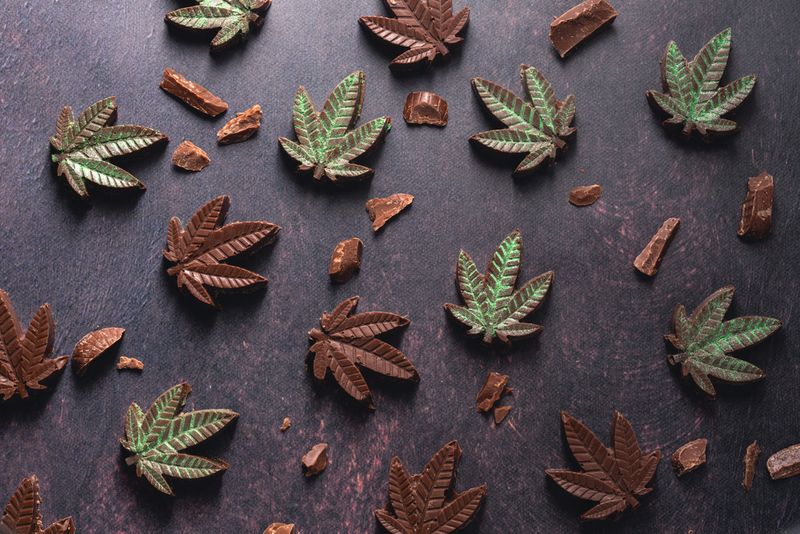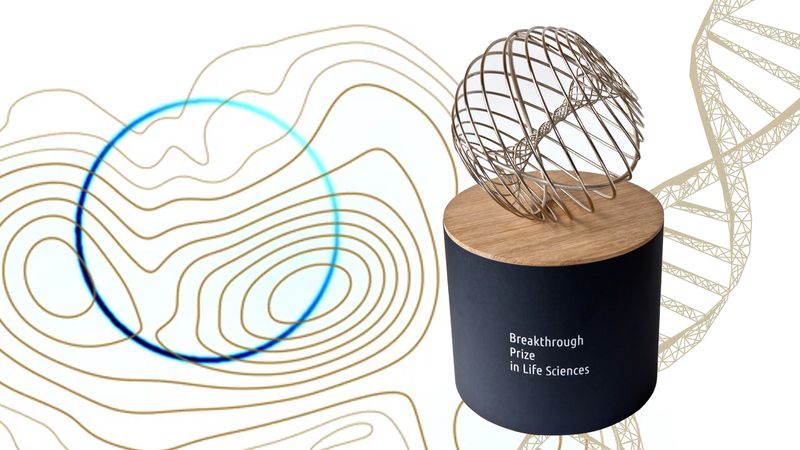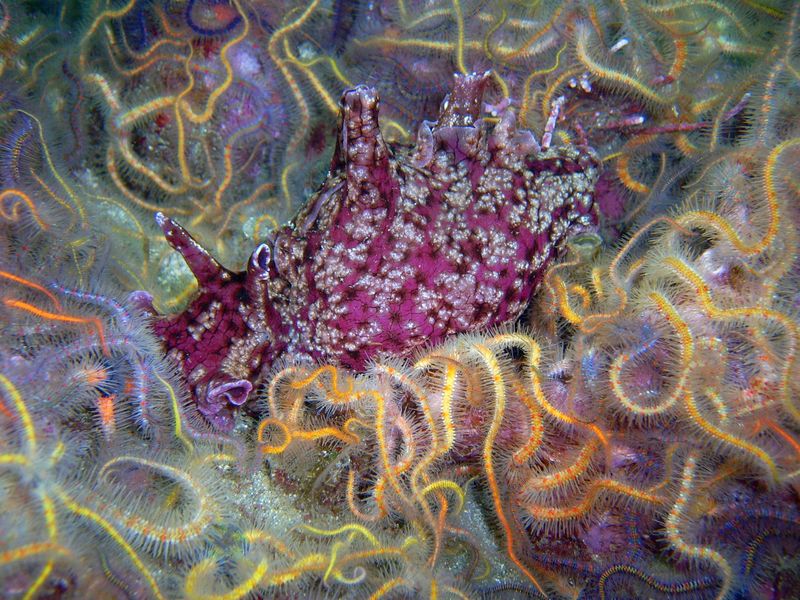Anyone who has ever overdone it on the space cakes will know that edible cannabis is a whole different ball game to inhaled weed. In general, the oral route of administration results in a stronger high that can take a little while to set in but tends to linger for considerably longer than the buzz you get from smoking. This is because the THC in edibles is absorbed via the gut rather than the lungs, which means it has to be metabolized before it can continue its journey to the brain.
How edibles work
When cannabis is smoked, THC passes straight into the blood from the lungs and reaches the brain within minutes. For this reason, users often start to feel stoned within a quarter of an hour of their first toke.
However, in its unmetabolized form, THC isn’t very soluble in water, which means it doesn’t dissolve particularly efficiently in the blood. This limits the drug’s potency and longevity, causing the high to wear off within a few hours.
Edibles like gummies, lollipops, weed cookies, and hash brownies are therefore preferred by some people who want a stronger and longer-lasting high. Eating is also better for the lungs than smoking, providing another reason why some choose edibles over joints, bongs, or vapes.
When cannabis reaches the gut, THC is absorbed into the bloodstream and travels immediately to the liver via the portal vein. Here, catalysts known as cytochrome P450 enzymes break down the cannabinoid to form 11-hydroxy-tetrahydrocannabinol (11-OH-THC).
Compared to THC, 11-OH-THC is more soluble in blood and better at crossing the blood-brain barrier. As a result, edibles produce more potent and enduring effects than smoked cannabis.
How long edibles last
The duration of these effects is influenced by a number of factors, including speed of metabolism, age, sex, and how much food is in your belly when consuming edibles. On an empty stomach, cannabis products are likely to be digested much faster than when your gut is still working on your lunch.
As a general rule, it usually takes between 30 and 90 minutes for edible weed to take effect, although it’s not uncommon for users to feel nothing for more than two hours after ingesting cannabis. For this reason, it’s important to follow the old stoner wisdom of "start low and go slow", rather than letting your impatience get the better of you and reaching for another brownie before your previous serving has hit you.
According to one study, the effects of edible cannabis tend to peak after two to four hours and take between six and eight hours to wear off. However, this can vary depending on the dose taken and a person’s tolerance level. Frequent weed eaters may find themselves back at baseline within four hours of consumption, while novices could remain stoned for over 12 hours.
Even after the effects of edibles have worn off, cannabis metabolites remain present in the blood and other body fluids for a period of time. Again, this will depend on the amount ingested and a person’s speed of metabolism, which means the total amount of time that edibles stay in your system ranges from about three to 12 days.




